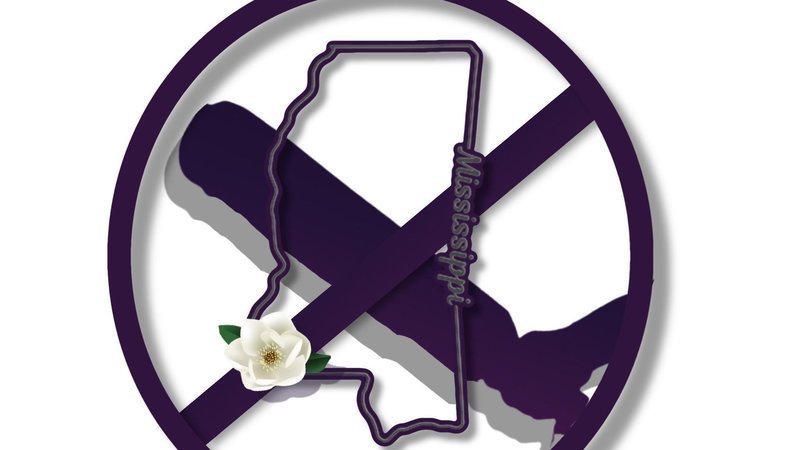Mississippi is responsible for almost one-quarter of all corporal punishment in the USA. Mississippi had the highest corporal punishment rate of all states examined.
Click here to sign the petition!
Mississippi bans corporal punishment in: •Juvenile detention centers • Residential treatment facilities • Foster care settings • Day care programs • Early learning centers • Mental health programs & Private alternatives, but allows corporal punishment in Public schools. (Corporal punishment is prohibited for students with special needs by HB 1182, passed in 2019)
A review of more than 250 studies found the practice of corporal punishment linked to a range of negative consequences, from physical and emotional harm to poor academic performance., and it is widely accepted that it does not improve students’ in-school behavior or academic performance. The studies did not find evidence of any positive outcomes for the use of corporal punishment.
Nationally, but especially in Mississippi, corporal punishment remains disproportionately administered to black students in schools. Black children in Mississippi are over 50% more likely to be corporally punished than white children.
Corporal punishment in schools is harmful and ineffective, disproportionately administered along lines of race, gender, and disability and far too often is used for minor or subjective infractions. The damage to students comes in numerous ways that are all detrimental to the individual students, the schools, the education system and to the future of the state. If Mississippi’s goal is to move into the 21st century, if its goal is to create an enhanced early childhood development program to improve children’s healthy development, if it truly desires to lift the state from the bottom of almost every educational ranking, then it must end the use of corporal punishment in schools.


